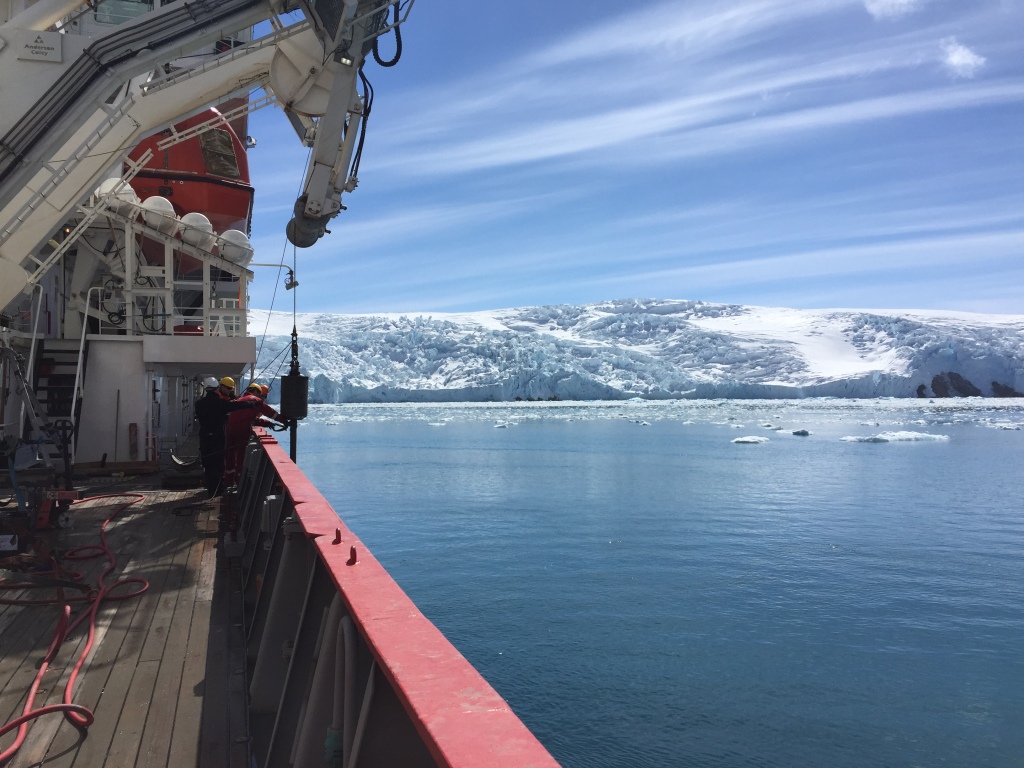Research | Team | In the News | Contact
Micropalaeontology & Palaeoclimate Group
Marine biota in a warming world

Our group uses micropalaeontology and geochemistry of sediment cores to reconstruct past biota, oceanography and climate. Our fundamental goals are to understand the causes and consequences of past periods of rapid climate change, to understand present and future change and to uncover earth’s history of climate–biotic interactions.
Our Research
We work with various microfossil groups including benthic and planktonic foraminifera, diatoms, dinoflagellate cysts and spores and pollen. Geochemical techniques include ancient sedimentary DNA, foraminiferal stable isotopes and trace metals, and sedimentary chemical signatures such as mercury, organic carbon and biogenic silica.


Our Team
Present Group Members
Sev Kender, Senior Lecturer (Group Leader)
James Scourse, Professor
Kate Littler, Senior Lecturer
Kara Bogus, Honorary Research Fellow
Tom Gibson, PhD Student
Chloe Walker-Trivett, PhD Student
Charlotte Greenall, PhD Student
Jack Wilkin, PhD Student
Jane Earland, PhD Student
Jinrong Gan, PhD Student
Past Group Members
Trine Edvardsen, Post-Doctoral Researcher
Erica Mariani, PhD Student
Charlotte Beasley, PhD Student
In the news…
In Scientific American
Prehistoric Volcanoes Heated Earth in a Global Chain Reaction
January 2022
In The Independent
Dramatic global warming 55 million years ago was exacerbated by climate ‘tipping points’
September 2021
In Science
Hidden carbon layer may have sparked ancient bout of global warming
June 2022
Follow us
Related Groups
Contact us
ExMP
University of Exeter
Penryn Campus
Penryn, Cornwall TR10 9FE
s.kender@exeter.ac.uk
